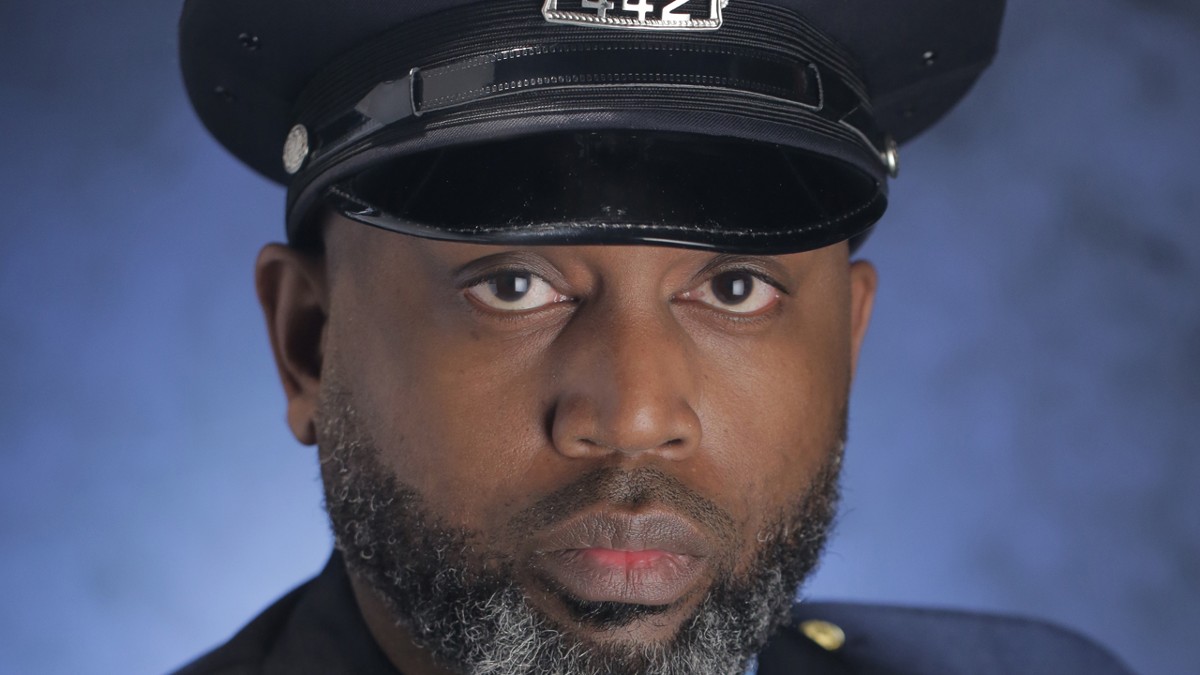Even though it is not on the ballot this November, the SAFE-T Act will still figure prominently in the 2022 midterm elections, and Cook County Chief Judge Timothy Evans is hoping to set the record straight on what the bill does, and does not, do.
Evans, who has served in the courts for 30 years, is up for a retention vote this November, and he says he’s speaking out in hopes of educating voters on the SAFE-T Act’s provisions.
One of the biggest parts of the bill will abolish cash bail in the state of Illinois, and while many conservative groups, including PAC’s supporting the campaign of Republican gubernatorial candidate Darren Bailey, have decried the bill as a “purge law” loaded with “non-detainable offenses,” Evans says that the reality of the law is that it will not release criminals onto the street.
“There is no purge law,” he said. “The public does not have to worry about any purge law. Under the current law, nor under the SAFE-T Act, is that a purge law where on the ubiquitous day out there can do whatever they want.”
As part of the SAFE-T Act, the “Pretrial Fairness Act” will eliminate the concept of cash bail from Illinois law, and will instead replace it with a process that will involve prosecutors and judges working to determine whether defendants should be held in custody before their trials.
According to proponents of the legislation, the process will involve determining whether a defendant poses a risk to the public or to specific individuals, or if they pose a flight risk before their trial.
Local
If the defendant meets one of those criteria, and has been charged with a crime listed under the bill as being detainable, then a prosecutor can petition the court to ask that the defendant be held in jail prior to their trial.
A judge would then have to sign off on that petition, according to the bill’s supporters.
Feeling out of the loop? We'll catch you up on the Chicago news you need to know. Sign up for the weekly> Chicago Catch-Up newsletter.
Evans expressed support for the elimination of cash bail, agreeing with activists that argued that bail disproportionately impacts the poor and communities of color in the state. According to data cited by activists, pretrial detainees constituted more than 70% of the total jail population in Illinois as recently as 2015.
“Under the law right now, cash bail can be attached to someone who is presumed innocent,” Evans said. “The thing most people don’t know is that some of these gang members charged with a serious crime, you say ‘I’m gonna set a $100,000 bond against you, sir, because you’re charged with a serious crime, you tried to kill someone.’ That means they have to come up with 10% of that. Most of these gangs can come up with that, so they can get out even if they’re guilty, and an innocent guy if he loses his job is innocent and he’s stuck behind bars because he can’t come up with the money.
“That’s why cash bail should not, and should have never been, part of the law,” he added.
While criminal justice reform advocacy groups and many Democratic officials have expressed support for the elimination of cash bail, numerous states attorneys across the state have filed suit against implementation of the bill on a variety of fronts.
This week, the Illinois Supreme Court consolidated lawsuits from prosecutors in 58 counties into one suit, which will be litigated by Kankakee County State’s Attorney Jim Rowe. Thomas Cunningham, chief judge of the 21st Circuit, will hear the arguments in the case, according to the Daily Herald.
The lawsuits primarily argued that the SAFE-T Act violates the state’s constitution, which codified the bail system. Other prosecutors have argued that the bill will lead to increased delays in cases, increase workload costs for attorneys, and will lead to trial delays.
“Without the ability to secure the appearance of defendants for trial, we will be severely hamstrung in our ability to proceed with the prosecution of cases, much like the courts will be stripped of their inherent authority to manage their courtrooms,” a lawsuit filed by Will County State’s Attorney James Glasgow alleged.
While Bailey and other Republican lawmakers and candidates have assailed the bill, arguing that it will make it more difficult to detain defendants prior to their trials, Democrats, including Gov. J.B. Pritzker, have largely argued the bill’s merits.
Still, political leaders have indicated a willingness to explore amendments to the bill in the upcoming veto session, which will take place after the Nov. 8 elections.
Evans says that his court will follow the law, regardless of what it ultimately says, and that he is paying close attention to suits and the controversy around the legislation.
“The SAFE-T Act is an act from the legislature, and we take an oath as members of the bench to follow the law,” he said. “Whatever the law turns out to be, we are committed to following.”



